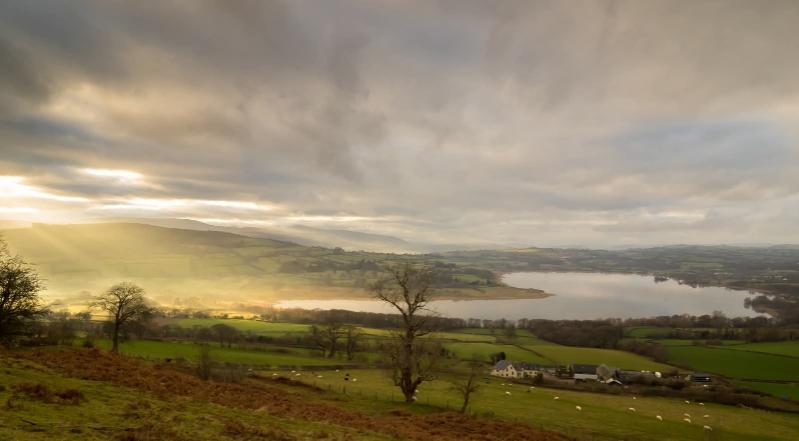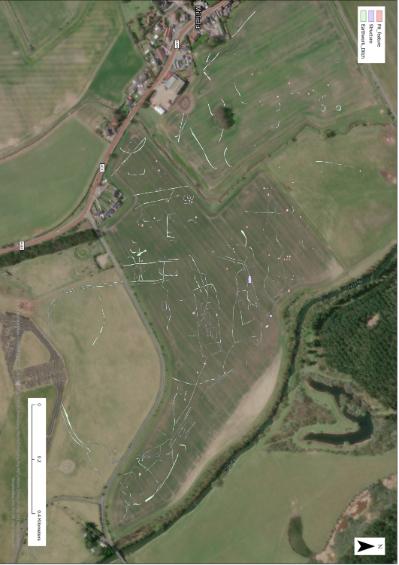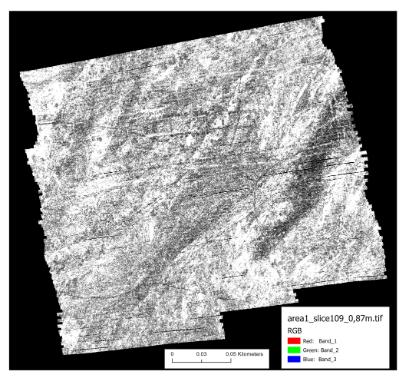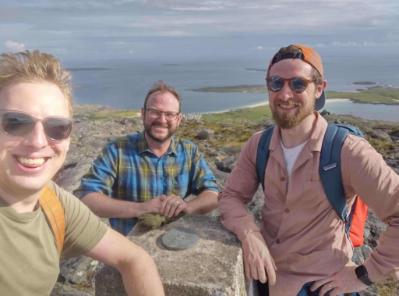Ecologies of Governance
This project will revolutionise understandings of strategies of rulership and governance through a fundamental reassessment of the emergence of inequality and its implication in political production. Its case studies occupy seminal places within ethnically-centred but now outmoded models for the origins and functioning of northwest European kingdoms, commonly analysed within isolated and diametrically opposed ‘Celtic’/‘Germanic’ historiographies. Deploying novel approaches to their (i) origins, (ii) settings, (iii) regionality, (iv) landscape context and (v) diachronic transformation, Ecologies of Governance shifts emphasis towards scale and scale-change within regime and community relationships, and the associated economic and ecological basis of rulership within emergent polities, to fundamentally redress previous biases, and present novel, empirically-grounded analyses.
Governance and its ecological impacts are a fundamental concern of all societies, past and present. For our contemporary society, governmental practices are foundational to the climate crisis and implicated in rising inequalities worldwide, but also central to resolving these challenges. Yet, despite these concepts and their definition becoming acute concerns for various disciplines in recent decades, and featuring heavily in analysis of early medieval polities, rulership or assembly practice, there remains no comprehensive assessment of the ecological foundations of emerging inequality and its relationship to the historical production of governance. Ecologies of Governance addresses this lacuna. Much as environmental agencies have become acutely prominent in analyses of societal collapse and social-ecological change, it aims to counter a tendency towards environmental determinism by adopting long-term and contextual analysis, that interrogates and tests emergent paradigms, including anti-fragility frameworks, local resilience, or the role of catastrophe in social innovation. Much will be gained from landscape-centred analysis of the ecological contexts of rulership within comparative and contextual frameworks. Because these relationships form a nexus at the heart of extractive and exploitative regimes, they are centrally implicated in the emergence and transformation of strategies of governance and inequality, and Ecologies of Governance centres analysis in these key areas. While the empirical focus of the project is on royal landscapes in first millennium AD northern Europe because these centres were central to the transformations of the late Roman world and emergence of new types of polity with deep and longitudinal impacts, the thematic and methodological approach of the project has much wider global resonance.
UKRI2089: Ecologies of Governance in the First Millennium AD: Rulership, Inequality and Environment
Arts and Humanities Research Council Standard Grant
Gleeson, P. 2025. Landscapes of kingship in early medieval Ireland, AD 400–1150. Four Courts Press.
Gleeson, P., 2022. Reframing the first millennium AD in Ireland: archaeology, history, landscape. Proceedings of the Royal Irish Academy: Archaeology, Culture, History, Literature, 122(1), pp.87-122.
Gleeson, P., 2021. Residence, ritual and rulership: a state-of-the-art for royal places in early medieval Ireland. Norwegian Archaeological Review, 54(1-2), pp.29-55.
Madgwick, R., Grimes, V., Lamb, A. L., Nederbragt, A. J., Evans, J. A. and McCormick, F. 2019. Feasting and mobility in Iron Age Ireland: Multi-isotope analysis reveals the vast catchment of Navan Fort, Ulster. Scientific Reports 9(1), article number: 19792. (10.1038/s41598-019-55671-0)
Seaman, A. 2019. Landscape, settlement and agriculture in early medieval Brycheiniog: the evidence from the Llandaff Charters. In: Comeau, R. and Seaman, A. eds. Living off the Land: Agriculture in Wales c. 400-1600 AD. Oxford: Oxbow, pp. 153-173.
Gould D, Creighton O, Chaussée S, Shapland S, Wright DW. Where Power Lies: Lordly Centres in the English Landscape c.800-1200. The Antiquaries Journal 2025, 104(1), 72-106.
The project is a collaboration led by:
Dr Patrick Gleeson, Queen’s University Belfast (Project Lead)
Prof. Richard Madgwick, Cardiff University (Co-Lead)
Dr Andy Seaman, Cardiff University (Co-Lead)
Dr Duncan Wright, Newcastle University (Co-Lead)
Ecologies of Governance is also partnering with the:
Rendelsham Revealed Project (Project Partner)
SDG 3: Good Health and Well-Being
SDG 10: Reduced Inequalities
SDG 13: Climate Action
SDG 14: Life Below Water
SDG 15: Life on Land
Keywords associated with the Research
-
Early medieval; rulership; kingship; ecology; governance; inequality;
Contact Details / Social Media
-
@papgleeson on X/Twitter
Further relevant info
- Related Project: Navan Fort and Environs Project




